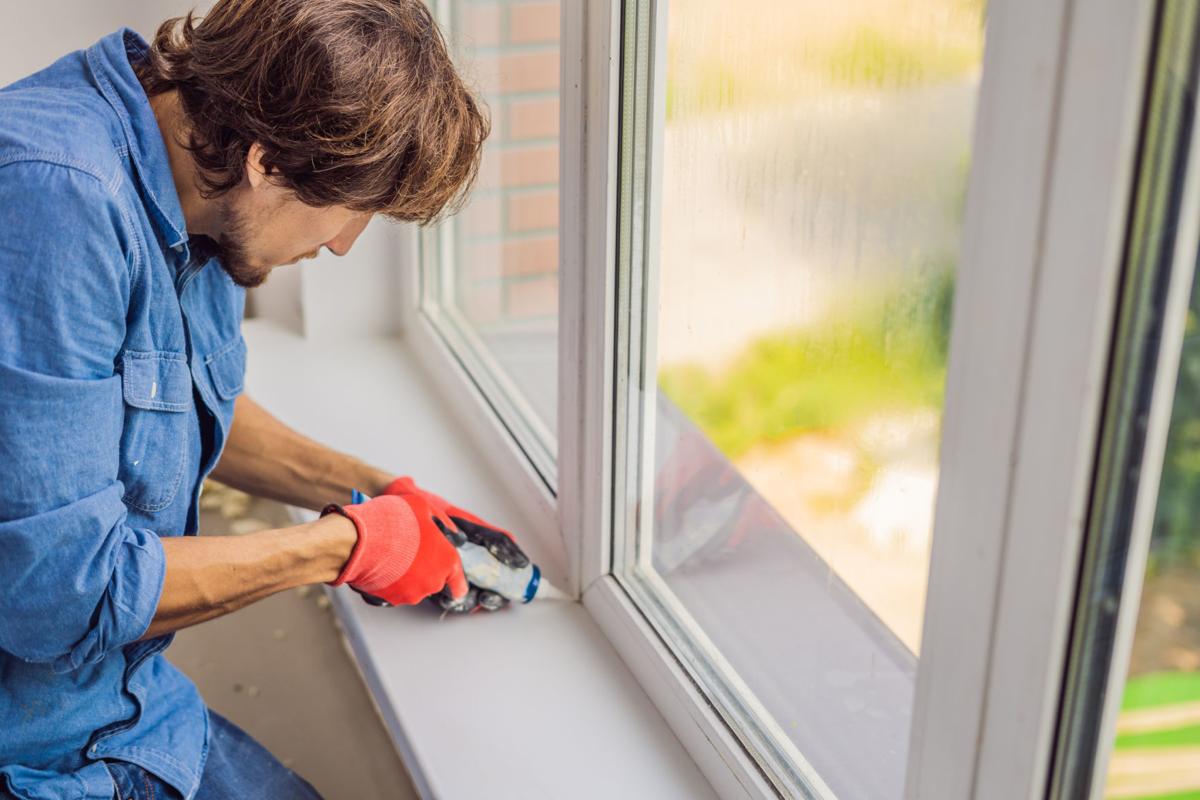Question: How do I know when my windows are ready to be replaced?
Answer: Signs that windows need replacing due to age, poor quality or improper installation include:
- Drafty windows (slowly wave a candle around the edges of your windows. If the flame flickers there is hot air coming in and cold air going out — an expensive price to pay in the desert summer).
- Hard to open or close windows indicates wear on rollers and guides.
- Noises outside are easily heard inside (an upgrade will provide more privacy, too).
- Daylight seeping in around the window perimeters indicates poor weather stripping.
- Caulk buildup (newer models do not require caulking).
Q: If my windows do need to be replaced, what should I know before I start shopping?
A: Here are some key terms you will need to know to help you make a wise decision:
- R-Value is a measure of how efficient a window is. It tells how much heat can get through the window in an hour. (This is called “heat gain.”) The greater the R-Value the more efficient the window. Windows with a high R-Value allow less heat to get in on hot days and less to leak out when you’re running your furnace on chilly evenings.
- Glazing refers to the number of panes of glass a window has. Windows come in single, double and triple- glazed. Single pane windows are not energy efficient. Triple glazed windows are helpful in very cold climates or when noise reduction is desired but they are very expensive. Double pain windows are the smartest buy for most homes. They have two panes of glass and a layer of air in between. The distance between the glass can be too little or too much — an ideal amount of space is about ⅝th of an inch. The replacement of air between the layers of glass with argon gas is inexpensive and is effective for gaining 10-15% efficiency in the winter months only.
- Low-E stands for low-emissivity. Low-E is achieved with a thin, see-through layer of silver or tin oxide on the glass that prevents heat from penetrating the glass, making the window more energy efficient. Low-E can be applied to windows two to three times during manufacturing, helping to bring the UV reduction to 95% and heat reduction to 80%.
- Cladding — Clad windows have wood frames on the interior side and either aluminum or vinyl on the outside. Rosie’s favorite is the aluminum clad wood window frame. Rosie used to advise to never purchase vinyl windows. However, there has been a huge improvement in the evolution of the vinyl clad window. They’ve come a long way and are a common choice for home replacement windows and doors. Be careful to stay away from soft, bendable vinyl as it will not hold up to Arizona’s extreme weather and sun exposure. Modern blends of PVC vinyl come with inhibitors to prevent the sun’s UV from softening and damaging the vinyl. Reinforced metal within the vinyl and additives in the vinyl itself are innovative improvements that have helped to make this a better choice than in the past. Still, if you can afford it, Rosie says a wood-framed aluminum clad window will hold up the best in the desert heat and sun exposure.
- Tempered safety glass crumbles rather than splintering into shards when it is broken. It’s required by code on certain windows that are installed lower in a wall or next to a door. This upgrade is expensive and only makes sense to pay for the upgrade where necessary.
- Energy Star Label. Look for Energy Star Rating on windows. These windows meet strict energy-efficiency guidelines set by the U.S. Environmental Protection Agency and the U.S. Department of Energy.
Q: How do I choose a window replacement company?
A: Do your homework. As with any industry, it is important to choose a reputable company. Check their reputation and their licensing – make sure your choice of companies is licensed and bonded at the AZROC. It is best to have the company that sells the product also install and service the product should it be needed. Always make sure they have been in business at least five years as it takes that time to establish a reputation. Check their work and customer service skills by asking for and contacting referrals. An experienced window company will help you narrow your choices by asking you some basic questions. But two of the most important considerations when comparing windows are energy efficiency ratings and warranty.





